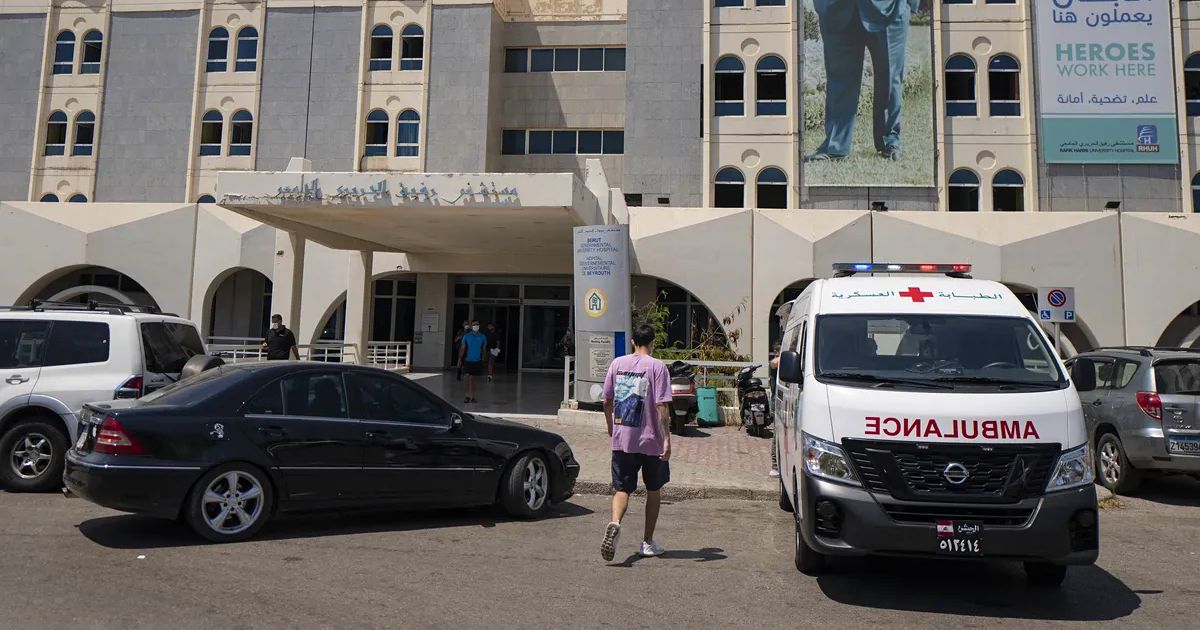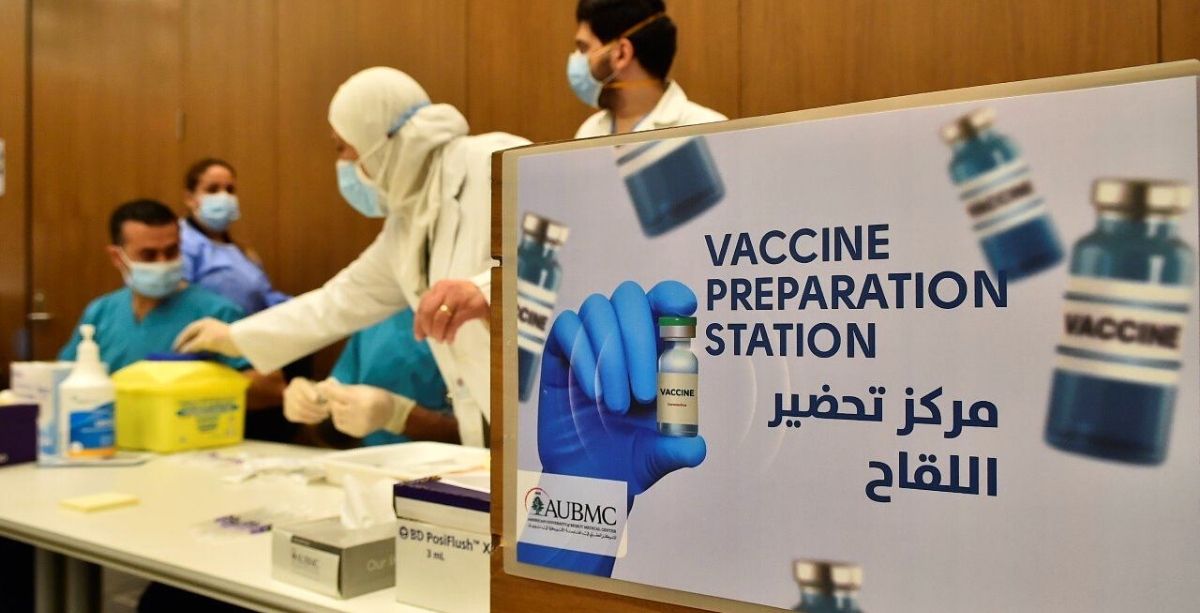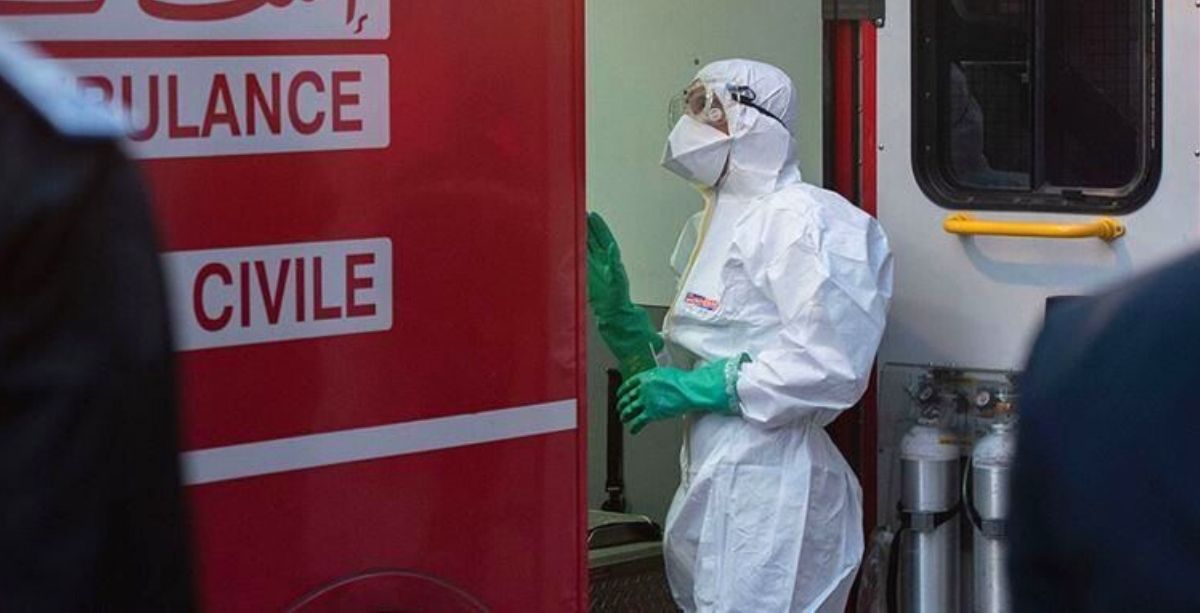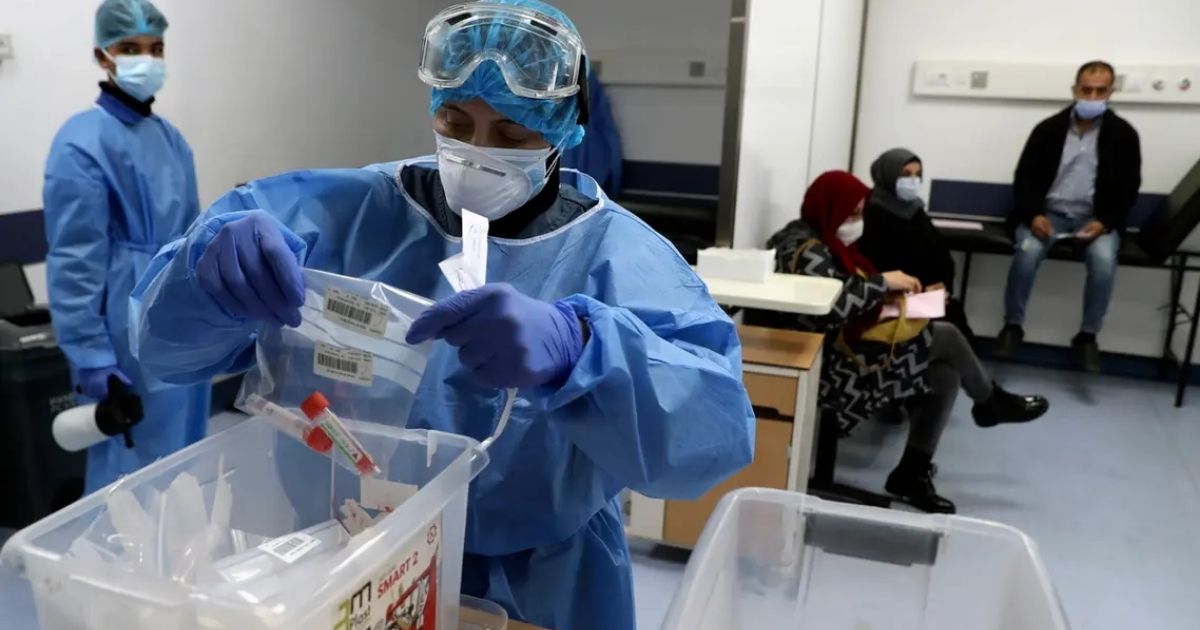The awaited vaccine for coronavirus (COVID-19) seems to have finally been found. In light of the promising announcement, Lebanon has initiated talks with the World Health Organization (WHO) to get a hold of it from Russia when it’s out.
Lebanon, which has recently been recording a concerning surge in daily case numbers, appears to be depending on Russia, as are other countries, to deliver its promised vaccine that was announced earlier this month.
Caretaker Minister of Public Health Hamad Hasan revealed that the country is planning to secure the vaccine from Russia when it is made available for purchase.
“We have entered into an agreement with the World Health Organization to reserve Lebanon’s share of the possible vaccine for coronavirus, and coordination is underway with Russia to secure a package of the Russian vaccine,” Hasan said.
As for the funding, “money was available from a World Bank loan,” the caretaker Minister added.
Termed Sputnik V, the Russian vaccine is being manufactured before completing the important late-stage clinical trial (Phase III) to determine its safety and efficiency, which has prompted worldwide criticism.
For what concerns Russian officials, the vaccine, in the words of President Vladimir Putin himself, “works effectively enough.” The required testing is nonetheless planned to proceed.
In the meantime, Lebanon has surpassed 10,000 COVID-19 cases, 7,799 of which are currently active. Moreover, 113 deaths have been confirmed by the Health Ministry while the recorded recoveries are 3,040, as of the time of writing.
The unprecedented surge in new cases prompted the government to impose a new 2-week lockdown starting August 21st, as well as a 6 PM – 6 AM curfew.
With that said, Minister Hasan said that despite the “shocking” number of infections that followed the Beirut Port explosion, “we haven’t reached the Italian model yet.”












